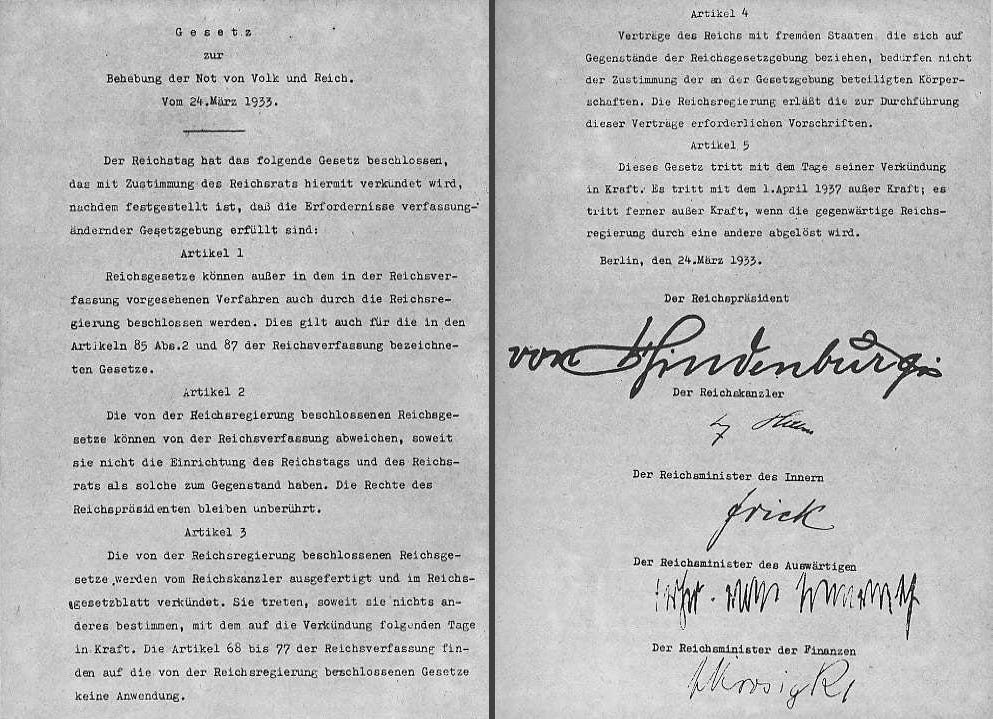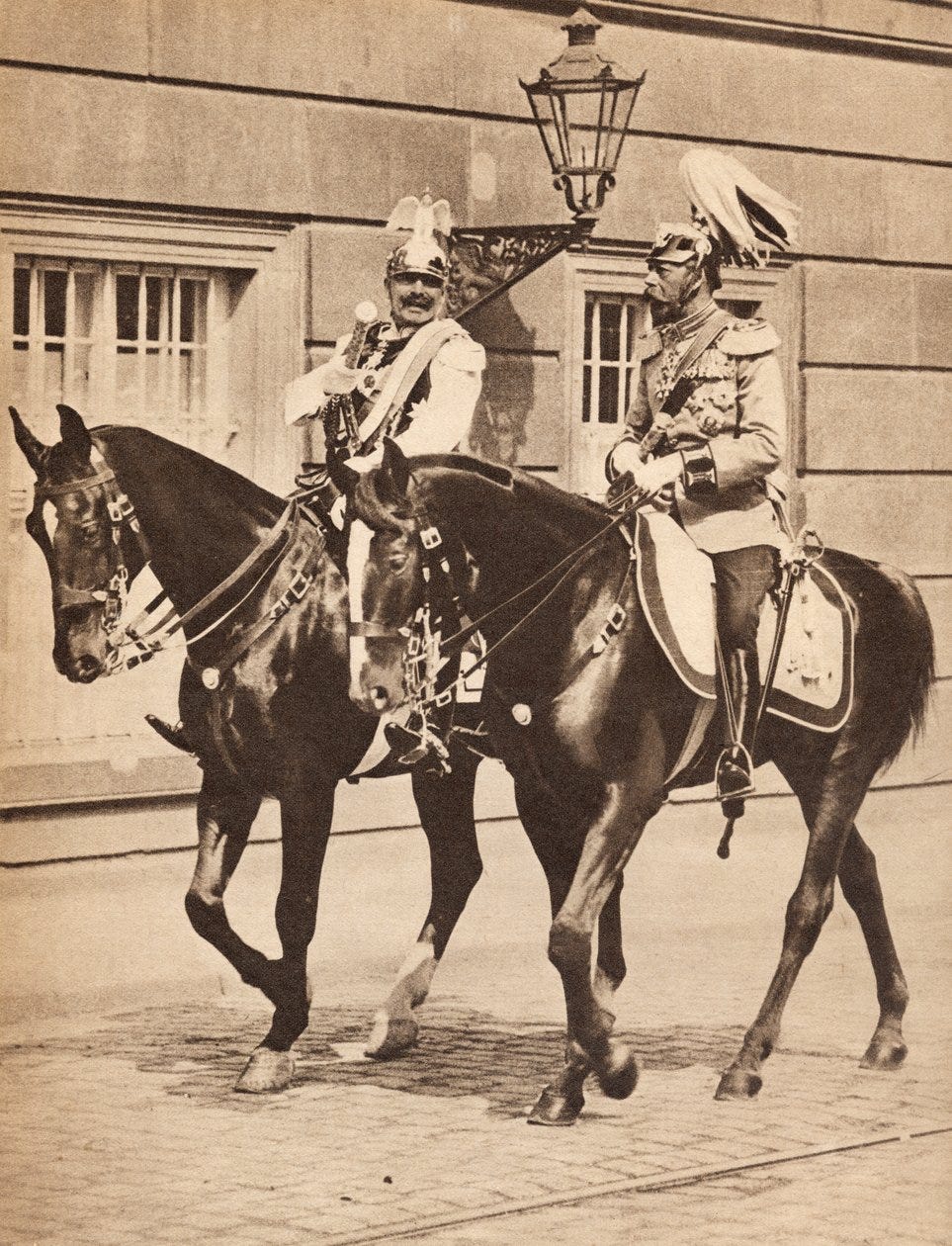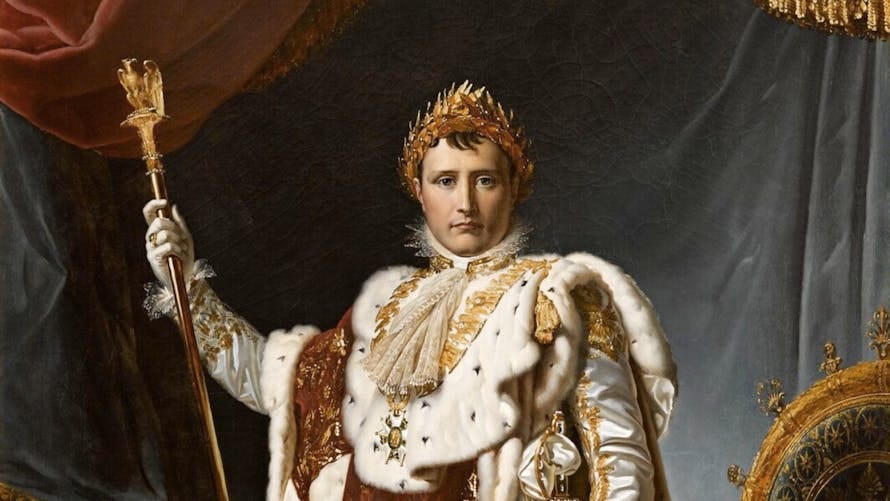This piece is inspired by a recent video by History Undone with James Hanson.
Rear Adm. Dr. Perry, Prof. Watson, and James Hanson brilliantly discuss this counterfactual: whether Britain should have entered the First World War.
Many of the points they discussed were valid and factual. It definitely would have put Britain in a difficult position geo-politically. Had Germany defeated France and Russia, then it would have free reign on the continent, and thus potentially more colonies via annexation of French territories.
Based on their points, I’d argue Britain should have entered the war:
Geo-political backfoot

Let’s say Germany, like Prussia did in 1870, defeated France. France may have been kept intact, but with a reverse Versailles. Germany might have sought to ensure it could never be a threat, and thus seized more territory, taken colonies in Africa and Asia, and looked to develop itself, navally and in other military areas.
Whilst Britain, its Dominions and territories would be safe in the time being, Germany could well have realised its goal to rival the Royal Navy. Had this happened, which couldn’t be done to German resource shortfalls in the pre-war period, it would have put Britain on the backfoot geo-politically.
Note that the USA, whilst the biggest global economy at the time, wasn’t the superpower it has been since the end of WW2. So the USA would have sustained its isolationism, and thus reinforced the Monroe Doctrine. President Trump today speaks of being protected by two massive oceans, and this long has been a plank of US foreign policy and national identity.
In short, Germany would rival Britain as the global hegemon, with a similar desire for global resources, trade, and power.
No Weimar or the Third Reich

With a victorious war, Germany still retains the Kaiser, and if he still dies in the mid-20th century as he did in real life, then he would be a celebrated monarch for decades to come.
This also means that there is no armistice/surrender at Compeigne, no Treaty of Versailles, and no Weimar Republic. This further means that the conditions for the rise of Hitler and the Nazis woudn’t result, culminating in the Nazis winning elections in the early 1930s, and thus the Enabling Act of 1933. Consequently, Hitler doesn’t become Fuhrer, and the head of a one-party Nazi fascist state. And then too, no expansion, rabid anti-Semitism/racism, and no World War II as occurred in reality.
Without this backdrop, then much changes. This could result in several points.
A “Second World War” with Britain

A Cold War might result between Britain and Germany, as rivals in many areas. Note that Germany was a dominant economic power, and both countries were developed scientifically and technologically. Whilst in the prior century, Britain had devised railways, Germany had developed the internal combustion engine. Einstein developed both Special Relativity and General Relativity, and in decades prior Darwin formed the Theory of Evolution. Both thus had figures and innovations driving our understanding of the universe, and with great practical use in daily life.
Germany, like Britain, was a constitutional monarchy. The Kaiser wasn’t an autocrat, and like his grandmother Queen Victoria and cousin George V, was a constitutional monarch. So the two were related and akin in more ways than one.
Could Britain have formed an alliance with Germany, given these similarities? Possibly. But then Germany did envy Britain’s Empire, and stated it wanted its place in the Sun. It did engage in a naval race with Britain, which it couldn’t win. But with expanded resources from overseas, following victory in the war, it could well “gain its place in the Sun” and thus put Britain in a difficult position.
Say Germany, following victory, had gained the Belgian and French colonies in Africa, and French Indochina in Asia. This means immense resources to aid in its own economic development and thus military development. Part of the reason Britain could afford a large navy was due to its global reach. Germany thus would nullify this advantage.
A war then could result out of an extended Cold War between them. The First and Second Cold Wars in real life have resulted from mutual distrust between rival powers, and this could have resulted in a hot war between them.
A resentful and vengeful France
France may not have been conquered outright by Germany, as it was in the latter part of WW2 in real life. But then even if the Third Republic stayed intact, new figures, parties or factions may have sought vengeance on Germany. Or perhaps resentment towards Britain, which had become friendly via the Entente Cordiale, could have re-emerged. Maybe they think with Britain’s resources, they could have held out and defeated the Germans.
If France was reinvigorated by a figure, perhaps drawing on the martial prowess and legacy of Napoleon Bonaparte, it could lead to a new war, that Britain may well have been dragged into.
As for the USA, it may only have entered any war if it had to, like in real life. Boosted by themes of isolationism and the Monroe Doctrine, it may only have entered a new war if its interests were directly threatened.
If Germany’s relative power grew, then maybe a Franco-British alliance rises that counters the German threat. Thus, they may form a new “WW2” in this setting.
Should Britain have entered WW1?
Possibly, yes.
Geo-politics isn’t just about the here and now. It’s about things that favour a country in the long-term. We see this in Ukraine. President Trump along with European leaders such as PM Starmer and President Macron, are leading peace talk efforts. But the ramifications have to be accounted for. Will Putin strike Ukraine again, or even attack a NATO country? Should NATO expand? Should Ukraine join NATO? What will Russia give to Ukraine, if Ukraine accepts that Crimea and the Donbas are lost? Many lambasted President Trump and VP Vance for chiding President Zelenskyy in the Oval Office. However, Trump had a strong point all the same. In that it’s a delicate situation that could result in WWIII if we’re not careful. The chance of that today is slim, but then it cannot be discounted as an impossibility.
In 1914, Britain had a choice. It could honour its alliance with France and Belgium and enter the war. It could let Germany defeat France, and then let Germany control Europe, with a potential war in the future with Germany. A war with Germany wasn’t inevitable in this hypothetical scenario. But it’s likely that a Cold War could result between the two, and with Germany controlling more of the Earth’s resources.
Moreover, Britain signed a treaty with Belgium for its defence. Had it reneged on it, then its word and prestige may have been dented. Belgium was established as a buffer state to sustain the European balance, and this balance was dented by the German invasion of it.
It’s an interesting point to ponder. And check out more of History Undone!



